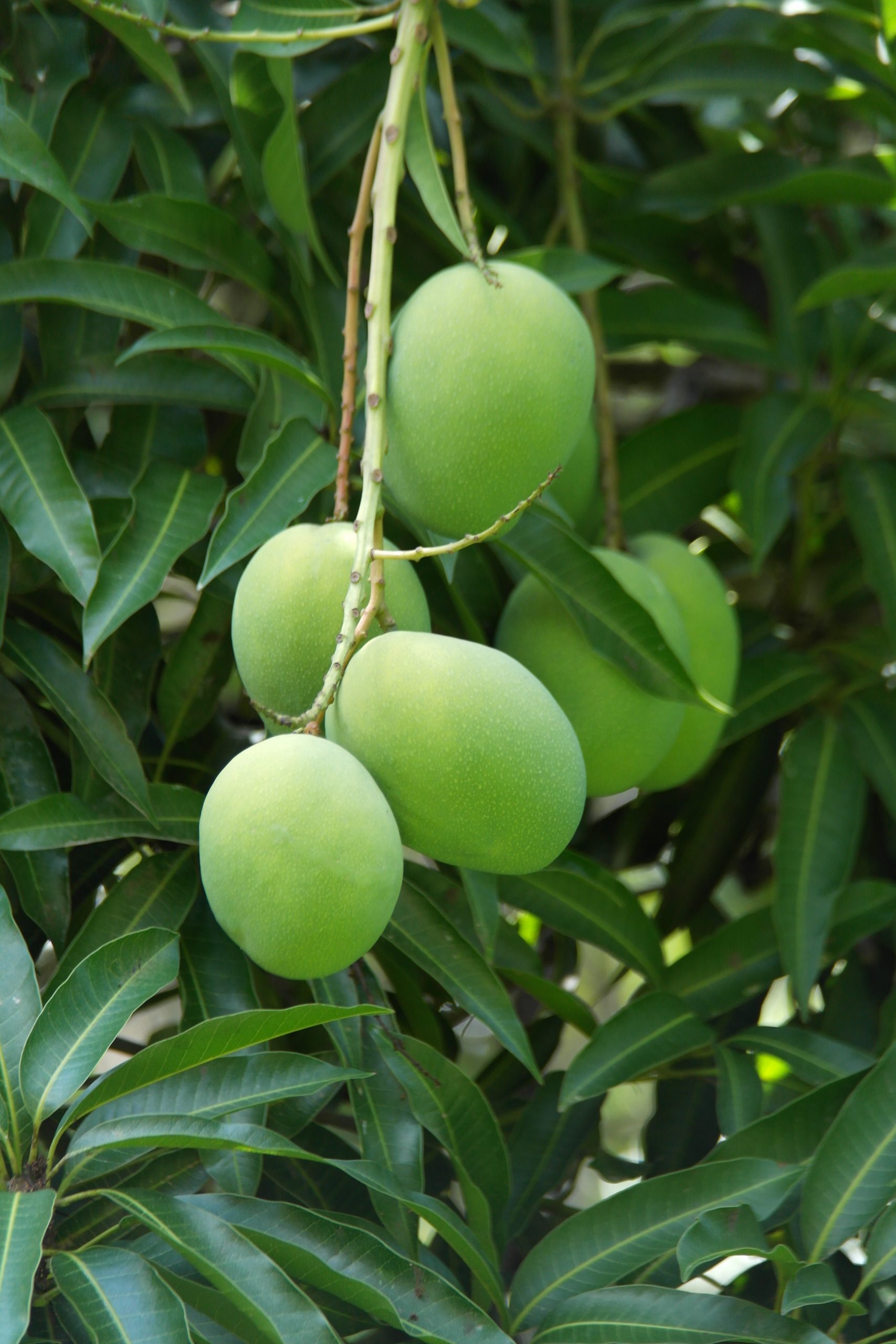
Discover the powerful benefits of Valerian root, an ancient herb that has been celebrated for its medicinal properties for centuries. Primarily known as a sleep aid, Valerian root also offers relief from anxiety. Its name derives from the Latin word valere, meaning “to be strong,” hinting at its robust health benefits.
Benefits of Valerian Root for Sleep
Valerian root has earned its reputation as a “natural valium” thanks to its potent effects on promoting sleep. It’s especially popular among those seeking an alternative to synthetic sleep medications. Valerian root aids sleep by interacting with the GABA (gamma-aminobutyric acid) receptors in the brain, encouraging relaxation.
There is a wide array of Valerian sleep aids available, from the best Valerian root sleep aid supplements to calming teas like Sleepytime tea with Valerian root or Nighty Night Valerian tea. Dosage varies depending on the product, but typically a common Valerian root dosage for sleep is between 300-600mg taken 30 minutes to two hours before bed.
Those suffering from insomnia may find relief with Valerian root. A multitude of studies have demonstrated its effectiveness in improving sleep quality, reducing the time taken to fall asleep, and enhancing the feeling of sleep restfulness.
The Role of Valerian Root in Managing Anxiety
Anxiety is another ailment that Valerian root is renowned for treating. The herb’s interaction with GABA not only assists with sleep but also helps regulate the nerve impulses in your brain and nervous system, reducing anxious feelings. As a result, Valerian root for anxiety during the day is becoming increasingly popular. The recommended Valerian root dosage for anxiety is typically lower than the dose for sleep, and as with any herbal supplement, it’s crucial to consult with a healthcare provider for personalized advice.
Combining Valerian Root with Other Herbs and Supplements
Valerian root can be combined with other herbs and supplements for synergistic effects. Common combinations include Valerian and melatonin, a hormone that regulates sleep-wake cycles, or Valerian root, hops, and passion flower, a trio often used to promote sleep and relaxation. Another combination is Valerian root and lemon balm, which is believed to have soothing effects that enhance the herb’s anxiety-relieving properties.
Safe Use of Valerian Root
Although Valerian root is natural, it’s important to use it safely. Potential side effects may include headaches, dizziness, and digestive problems, but these are generally rare and mild. Additionally, since Valerian root can cause drowsiness, it’s not recommended to take it before driving or operating heavy machinery. Always follow the recommended dosage, unless directed otherwise by a healthcare provider.
Finding the Best Valerian Root Supplement
With a plethora of Valerian root supplements on the market, it can be challenging to identify the best one for your needs. Consider factors such as the reputation of the brand, the dosage per serving, the presence of additional ingredients, and the manufacturing standards. Some of the top-rated Valerian root supplements include Gaia Herbs Valerian Root, Nature’s Way Valerian, and supplements from Amazon such as the best Valerian root for sleep Amazon offers.
The Formulation of Valerian Root Products
Valerian root comes in various formulations, including capsules, tablets, liquid extract, and essential oil. Each has its unique features and benefits. For example, Valerian root capsules are often chosen for their convenience and portability. Valerian root tablets, on the other hand, can be a good option for those who have difficulty swallowing capsules. Some people may opt for Valerian root extract in liquid form as it’s typically absorbed faster by the body. Lastly, Valerian root oil, often used in aromatherapy, can be an excellent option for those seeking relaxation and improved sleep.
High Quality Valerian Root on Amazon
Given the vast marketplace, Amazon is a popular destination for those looking to buy Valerian root supplements. The platform offers an extensive range of products, from Valerian root capsules for sleep to Valerian root tea for sleep. Brands like Nature’s Way Valerian and Gaia Herbs Valerian Root often rank as top choices. When purchasing from Amazon, always check the customer reviews and ratings to ensure you’re buying a high-quality Valerian root supplement.
Over-the-Counter Sleep Aids: Valerian Root Vs. Others
Compared to other over-the-counter sleep aids, Valerian root stands out for its natural origins and mild side effect profile. While synthetic sleep aids can cause dependence and a range of side effects, Valerian root is often considered safer for long-term use. That being said, products like sleep aid with Valerian and melatonin combine the natural ingredients to enhance the sleep-promoting effects.
Combining Valerian Root with Other Supplements
Certain supplements can potentially work synergistically with Valerian root to provide enhanced benefits. For instance, a sleep aid with melatonin and Valerian root may be more effective at promoting restful sleep than either supplement alone. Another popular combination is Valerian root and lemon balm. Lemon balm, known for its calming properties, could enhance Valerian’s anxiety-reducing effects. Lastly, Valerian root, hops, and passion flower is another powerful trio that’s frequently used to promote sleep and relaxation.
Using Valerian Root for Daytime Anxiety
Though it’s commonly known as a sleep aid, Valerian root can also be beneficial for managing anxiety during the day. It’s thought to work by increasing levels of a chemical called gamma aminobutyric acid (GABA) in the brain, which can help regulate nerve cells and calm anxiety. However, it’s crucial to find the correct Valerian root dosage for anxiety to avoid potential drowsiness during the day.
Exploring Valerian Root Tea Varieties
Valerian root tea is a popular choice for those who prefer a more natural and soothing method of consumption. Different blends are available for varying tastes and needs. For example, Sleepytime tea with Valerian root is a popular choice before bedtime. Nighty night Valerian tea and Valerian deep sleep tea are other blends designed to help promote restful sleep.
Choosing the Best Valerian Root Tincture
A tincture is another way to consume Valerian root. Valerian root tinctures are often used as sleep aids, with users reporting faster sleep onset compared to capsules or tablets. When selecting a tincture, consider factors like concentration, brand reputation, and user reviews to find the best Valerian root tincture.
Other Valerian Root Products and Where to Buy Them
Apart from Amazon, many other retailers offer Valerian root products. For example, Valerian root pills and Valerian sleep aid tablets can be found in local health stores and pharmacies, including CVS. Additionally, you can find products like Valerian tablets and Valerian drops at Holland and Barrett. Always ensure to purchase from reputable brands and retailers to guarantee product quality and safety.
Valerian Root for Hair Loss: An Emerging Benefit
While Valerian root is primarily known for promoting sleep and easing anxiety, some studies suggest it may help with hair loss. However, more research is needed in this area. Always consult with a healthcare professional before starting any new treatment for hair loss.
Frequently Asked Questions About Valerian Root
Q1: What are the benefits of Valerian Root? A1: Valerian Root is mainly known for its sedative and anti-anxiety effects. It can help in promoting sleep, reducing anxiety, and managing stress.
Q2: Can Valerian Root be used as a sleep aid? A2: Yes, Valerian Root is commonly used as a natural sleep aid due to its calming effect.
Q3: How to use Valerian Root for sleep? A3: Valerian Root can be consumed as a tea, tincture, or in pill form. It is usually recommended to take it 1 hour before bedtime.
Q4: Can I use Valerian Root for anxiety during the day? A4: Yes, but care should be taken with dosage to avoid excessive drowsiness.
Q5: Can Valerian Root be combined with other supplements? A5: Yes, Valerian Root is often combined with other supplements like melatonin, lemon balm, or hops for enhanced effects.
Q6: What are the side effects of Valerian Root? A6: While generally safe, some individuals might experience side effects like headache, dizziness, upset stomach, or dry mouth.
Q7: Where can I buy Valerian Root products? A7: Valerian Root products are widely available online (like Amazon), at health food stores, and in pharmacies.
Q8: What is the recommended dosage for Valerian Root? A8: Dosage may vary depending on the form (tea, tincture, capsule) and the individual’s weight, age, and overall health. It’s best to follow the manufacturer’s instructions or consult with a healthcare provider.
Q9: Can Valerian Root be used for hair loss? A9: There’s limited scientific evidence to suggest that Valerian Root can directly help with hair loss. However, as it can help manage stress and anxiety – common triggers of hair loss – it might indirectly benefit hair health.
Q10: Are there different varieties of Valerian Root tea? A10: Yes, there are several varieties of Valerian Root tea, often mixed with other calming herbs like lemon balm or passionflower.
Q11: What is the best form of Valerian Root for sleep – tea, tincture, or pill? A11: The best form can vary from person to person. Some people might find tea more soothing and beneficial, while others may prefer the convenience of a pill or the quick absorption of a tincture.
Q12: Can I use Valerian Root if I’m taking prescription medications? A12: Valerian Root can interact with certain medications. It’s important to consult with a healthcare provider before starting any new supplement regimen.
Q13: What is the best Valerian Root supplement for sleep? A13: The best supplement can depend on various factors including personal preference, specific needs, and response to different product forms.
Q14: Can Valerian Root cause any allergic reactions? A14: While rare, allergic reactions can occur. Symptoms may include rash, hives, or difficulty breathing. If you experience any of these symptoms, discontinue use and consult a healthcare professional.
Q15: How long does it take for Valerian Root to work? A15: This can vary, but some people report feeling its effects within 30 minutes to two hours. It may take a few weeks of regular use to feel the maximum benefits.
Q16: Can I use Valerian Root during pregnancy? A16: The safety of Valerian Root during pregnancy is unclear due to limited research. Pregnant or breastfeeding women should consult a healthcare provider before use.
Q17: Can children use Valerian Root? A17: The safety and appropriate dosage of Valerian Root for children haven’t been well-studied. It’s advisable to consult with a healthcare provider before giving Valerian Root to a child.
Q18: Can I become dependent on Valerian Root? A18: While Valerian Root is not considered habit-forming, long-term use can result in tolerance, meaning you might need larger doses to achieve the same effect.
Q19: Is it safe to drive or operate machinery after taking Valerian Root? A19: Due to its sedative effects, it’s recommended not to drive or operate machinery for a few hours after taking Valerian Root.
Q20: What other herbs can enhance the effects of Valerian Root? A20: Herbs like lemon balm, hops, passionflower, and melatonin are often combined with Valerian Root to enhance its calming effects.
Conclusion
From sleep promotion to anxiety relief, Valerian root offers numerous health benefits. Whether you’re sipping on a comforting cup of Valerian tea for sleep or taking a Valerian root supplement for anxiety, this powerful herb can be a beneficial addition to your wellness routine. As always, ensure you’re purchasing high-quality supplements and consult with a healthcare professional before starting any new supplement regimen.
Tags: Valerian root, sleep aid, anxiety relief, herbal supplement, natural remedies, insomnia treatment, Valerian root capsules, Valerian root tablets, Valerian root extract, Valerian root oil, Valerian root on Amazon, Valerian root for hair loss, over-the-counter sleep aids, Valerian and melatonin, Valerian tea for sleep.














